Addition Practice Easy Numbers Worksheets for Ages 6-8
6 filtered results
-
From - To
Discover our "Addition Practice Easy Numbers Worksheets," designed specifically for children ages 6 to 8. These engaging worksheets provide a fun and interactive way for young learners to develop essential addition skills. With simple, easy-to-understand problems and colorful illustrations, our resources make math enjoyable and approachable for early learners. Perfect for home or classroom use, these worksheets help reinforce number concepts and build confidence in math abilities. Whether your child is just starting out or looking to strengthen their existing skills, our addition practice materials offer tailored support for every stage of learning. Start your child’s math journey today!
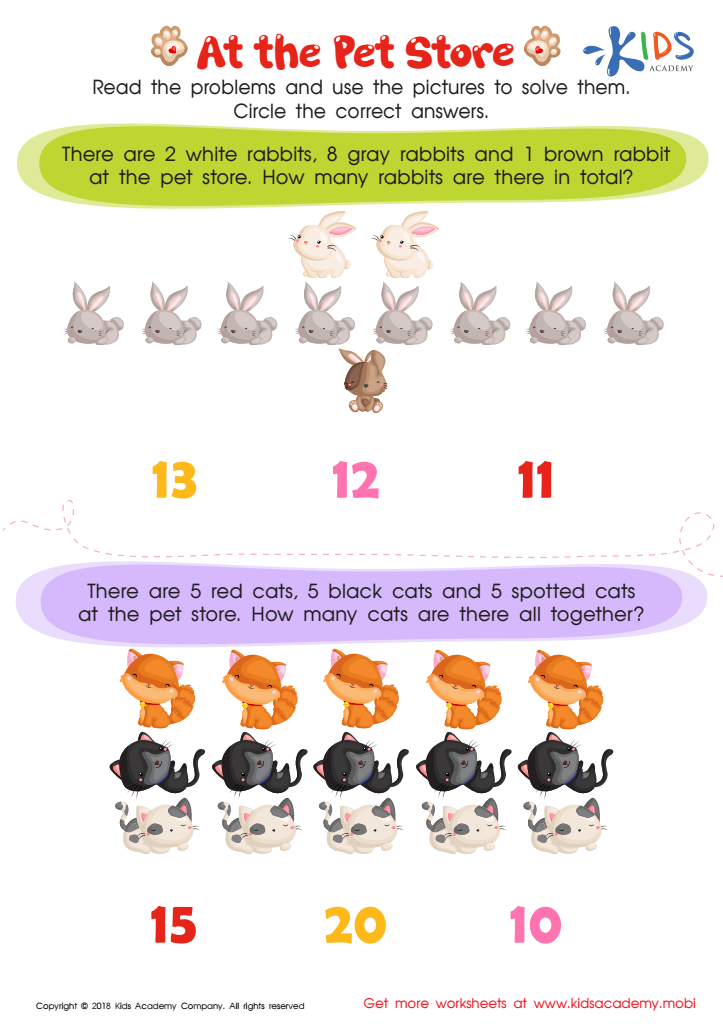

At the Pet Store Word Problems Worksheet
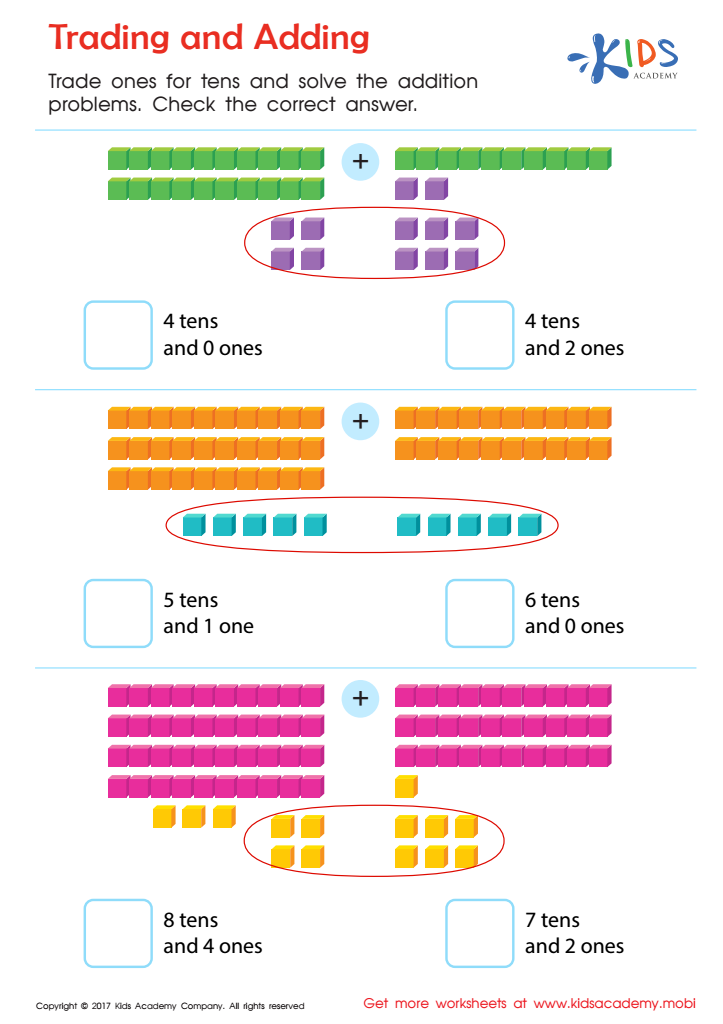

Trading and Adding Worksheet
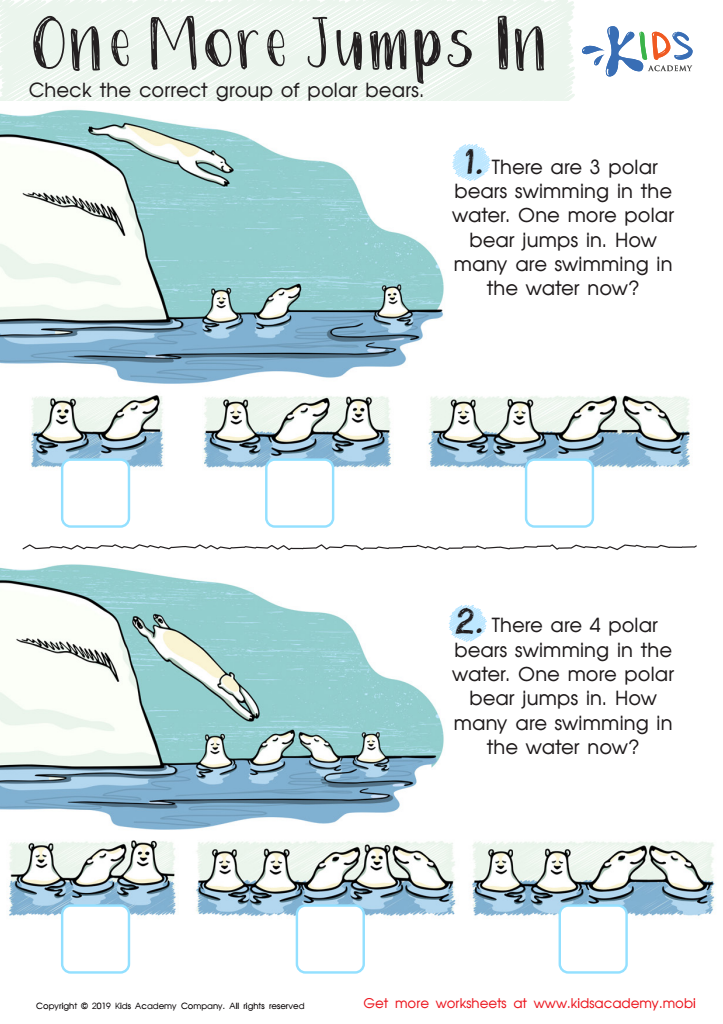

One More Jumps In Worksheet
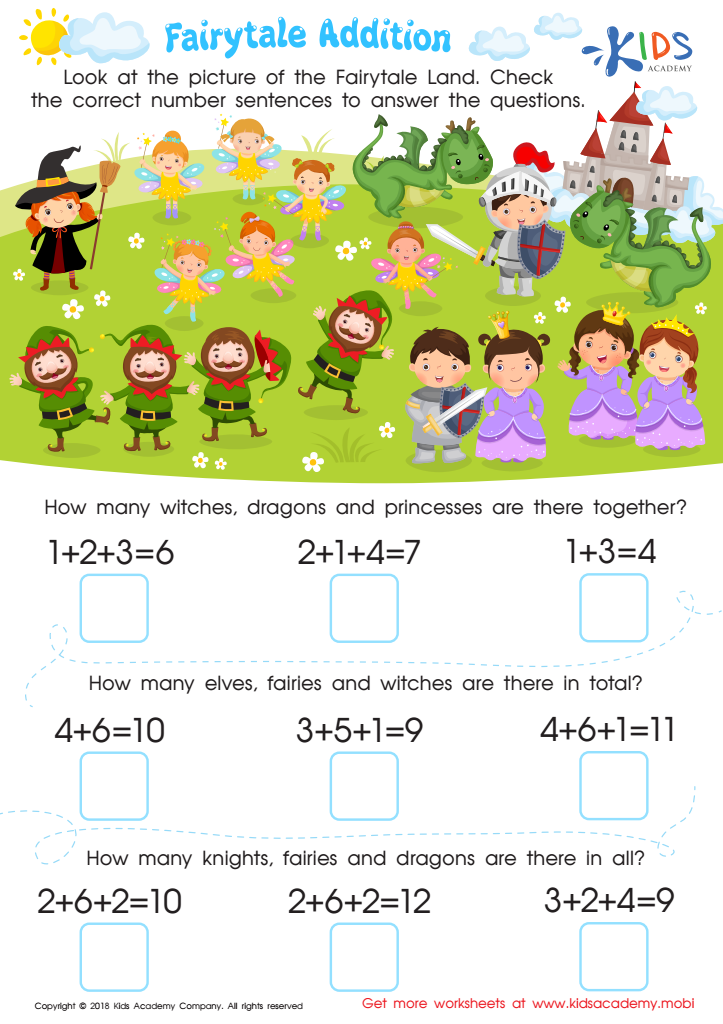

Fairytale Addition Worksheet
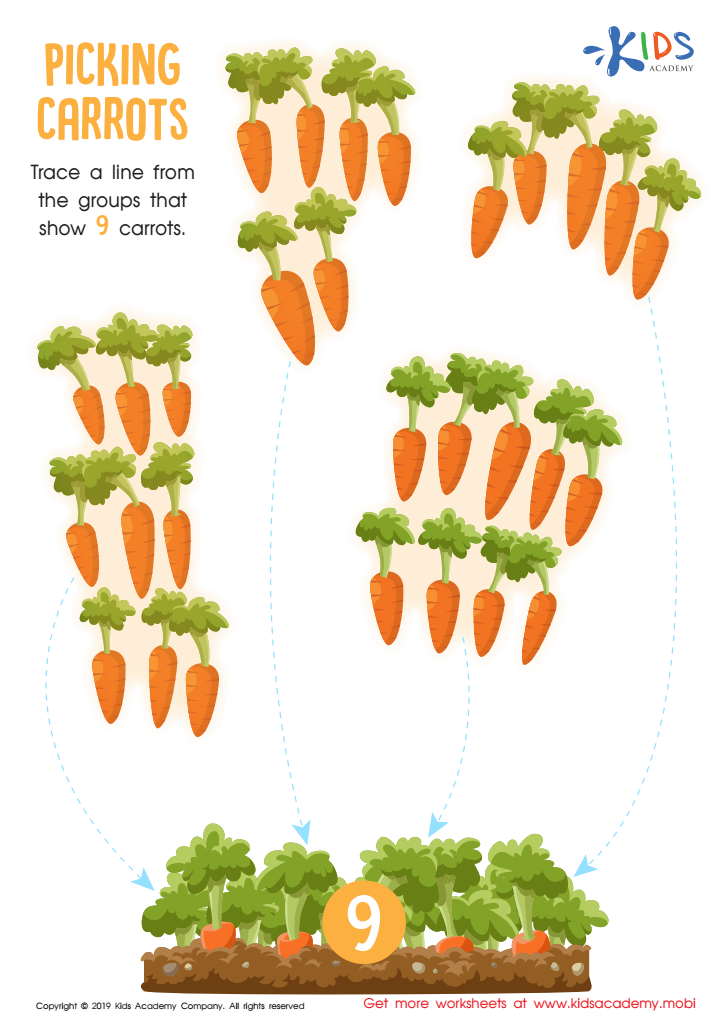

Picking Carrots Worksheet
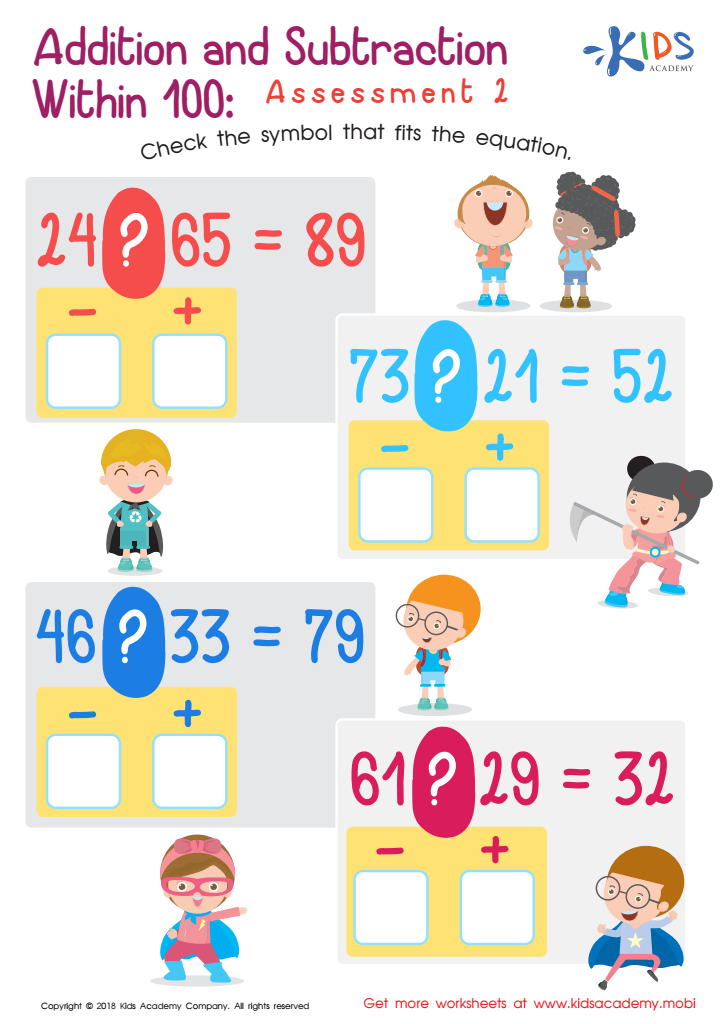

Addition and Subtraction Within 1: Assessment 2 Worksheet
Parents and teachers should prioritize addition practice for children aged 6-8 because early mastery of fundamental math skills lays the foundation for future learning. At this age, children are developing important cognitive abilities, and practicing easy addition helps reinforce number recognition, counting skills, and basic arithmetic understanding. This lays a crucial groundwork for more complex math concepts they will encounter later on.
Regular practice not only enhances computational fluency, enabling children to add numbers quickly and accurately, but it also boosts confidence in their mathematical abilities. Confident children are more likely to engage with challenging problems rather than shy away from them. Additionally, interacting with numbers aids in improving critical thinking and problem-solving skills, which are vital not only in math but across various subjects.
Moreover, integrating fun and engaging addition exercises at home or in the classroom can make learning enjoyable, turning math into a positive experience. This encourages a lifelong interest in the subject, which is essential as they progress academically. Therefore, focusing on addition practice for young learners is not just about numbers; it’s about fostering a positive attitude towards math and building a strong educational foundation that can lead to future academic success.

 Assign to My Students
Assign to My Students
















